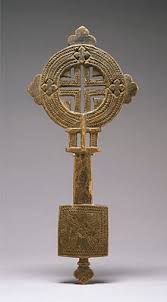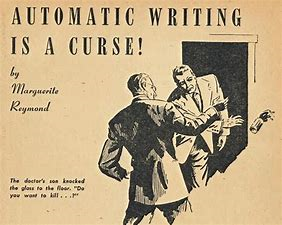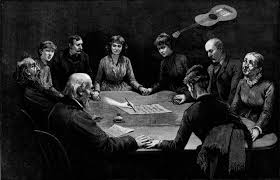Quantum Immortality
Let’s talk about life. And death. And decisions we make that affect both of those seeming extremes. I don’t need to tell anyone that we live in interesting times. Just a few short weeks ago, people were getting ready to fill out their March Madness brackets, or planning a family trip around Spring Break, or even going out to eat at a favorite restaurant. But now, thanks to the coronavirus and social distancing, these mundane, normal activities feel like the ancient past. Not only that, but it’s reasonable to think that everyone who knows someone (or is) immunocompromised has found themselves feeling, well, more mortal than usual. And few things are less fun than feeling mortal. Enter the concept of Quantum Immortality.
Immortality sure sounds nice (or interesting, anyway), but what does ‘Quantum Immortality’ mean? Basically, it’s just another way to think about the ‘multiple universe’ interpretation of quantum mechanics. (Please don’t ask me to do the math, but I’m assured that the math lends itself to this interpretation.) The many universes model of quantum mechanics essentially states that, whenever a decision is made, a new timeline is created. It’s a concept that often fuels science fiction–a world where, say, the South won the Civil War, or the radioactive spider bit Gwen Stacey, or the Beatles didn’t break up (or never formed). We’ve all seen movies and read books (including those of the comic kind) that play with this interpretation.
So how, exactly, does Quantum Immortality fit in with all this? Simple–every decision we make, every action in which there is more than one possible outcome (think Schrodinger’s Cat), spins off a new timeline. This means that something as simple as taking an alternate route to work could potentially spin off a new timeline. The ultimate outcome of all this is that, even if the version of you currently existing in this timeline succumbs to an infection and dies, there’s a universe in which you continue on. Quantum Immortality further posits that, as you sicken and pass away in this timeline, your consciousness melds with the version of you that was treated successfully.
Lots of people find this to be comforting.
There’s a lot to like about the many worlds interpretation–imagine a world in which you went for it and took that new job, or that a version of you exists where you never had that first drink, or dealt with that tumor, or even a version of you that played it completely safe and is now happily married, living in a house with a picket fence and 2.5 kids. Those are comforting notions, in some ways. To know that there’s a version of you out there that hasn’t had to experience the same struggles you have.
But Quantum Immortality goes beyond that–in Quantum Immortality, as I said above, your consciousness melds with the one in the timeline where you survived. It doesn’t meld with that version of you in a timeline that split off a year ago, or ten, or more. Nope, you just get the version that didn’t give up the ghost.
I find this to be incredibly disconcerting. It seems to me that, with Quantum Immortality, you get all (or most) of the suffering with no guarantee that things will get better soon, or ever. You still were in that car crash. You still went through the pain and suffering of cancer, or some form of rehab. Your friends and family are still dealing with their grief in that other timeline. The only consciousness that ‘benefits’ from it all is you.
I understand the allure of the concept, I do. But when I think about all the people I’ve ever cared about and all the people who have cared about me, it seems a particularly cruel practical joke that takes me away from them, and that takes them away from me.
I still like the many worlds theory. But it’s a cruel universe that would cause pain and suffering in one timeline when my consciousness is alive and well in the one next door.




